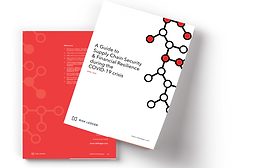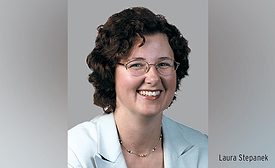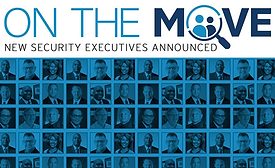Management
Chris Hallenbeck: A Path of Security Leadership and Operational Insight
Chris Hallenbeck's path to information security, including his view of the CISO role and the value of metrics.
May 6, 2020
May 2020: Security Executives on the Move
Security executives on the move! Which industry leaders have recently begun new roles?
May 4, 2020
Sign-up to receive top management & result-driven techniques in the industry.
Join over 20,000+ industry leaders who receive our premium content.
SIGN UP TODAY!Copyright ©2024. All Rights Reserved BNP Media.
Design, CMS, Hosting & Web Development :: ePublishing











